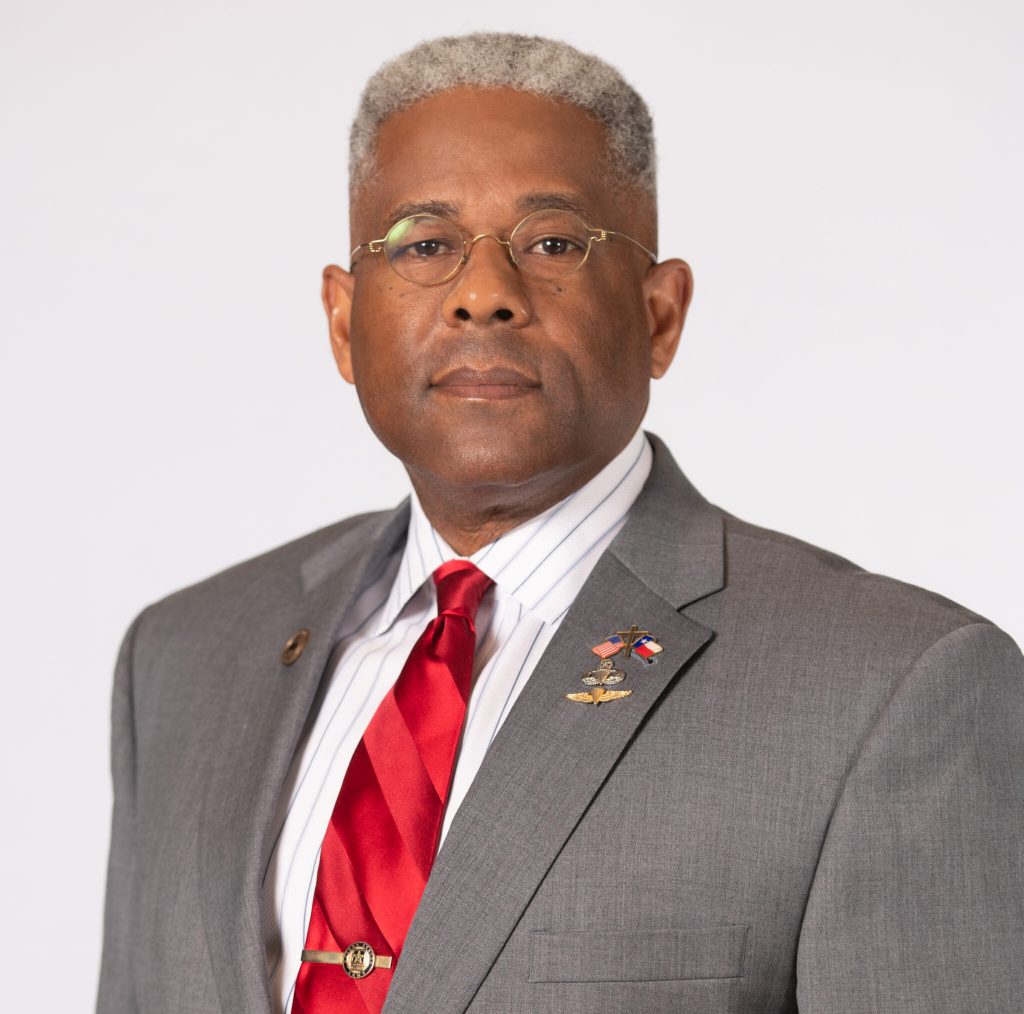
Leadership Lessons from the US Army
Leaders take responsibility, never credit.
Greetings, everyone. It is hard to believe what we all just endured over the past week. I am thankful to God that we are experiencing warmer temperatures.
I want to offer my sincere condolences to those who lost family members during this trying week of severe winter weather that struck the Lone Star State, and across the midwest. We saw an amazing outpouring of neighbors supporting neighbors, opening up their homes for warmth and water, even showers. There is something to be said about our helping each other through tough times.
As we look back on the past week, I thought I would share some lessons learned about leadership that the Army taught me. It was 30 years ago, right now, that I was a young Captain with Task Force 2-16 Infantry, Second Brigade, First Infantry Division, preparing to launch the ground offensive against the Iraqi Army in Operation Desert Storm.
We had been well-trained and had rehearsed our initial combat operation. What would my soldiers have thought of me if I had stepped back and taken R&R? Army officers are taught that you share in the privations and conditions with your troops. We are trained to eat last, to ensure our troops are fed first. The lesson is that it is about servant leadership. After all, as a Christian, that is what Jesus Christ taught us, that the Son of Man came not to be served, but to serve.
The italicized words at the beginning of this missive kinda go along with President Harry Truman’s mantra of “the buck stops here.” I always imparted a simple lesson to young leaders when I was in the Army: “own it.” Nothing would infuriate a senior officer more than one telling them “it was not my fault, sir.” One simply states, “Sir, I have identified the problem, and this is what we are doing to rectify the situation.” You are probably still going to get a butt chewing, but inside, the senior officer realizes that you are displaying the characteristics of a leader, a responsible one.
Leaders don’t just take responsibility, but they hold themselves accountable, and to a far higher standard than others. That is what is expected. After all, when you are in a position of leadership, you should act the part, and realize the standards which you are to uphold.
Prepare for the worst-case scenario.
In the Army, when planning a combat operation, you consider the enemy’s most likely and most dangerous course of action. And, it is the most dangerous course of action that you plan for because that is the one that can bring about the most devastation against your force.
We all knew that there was a major, severe, weather event heading our way. This is where you bring in your Crisis Action Team (CAT), and they conduct all the requisite planning and present recommendations to be undertaken to mitigate the risk of an impending storm, or in my time in the military, an enemy attack. This is what we used to call contingency planning and operational execution. I was taught that real leaders are never caught unaware, especially if they have good intelligence and time.
Leaders are not always expected to know everything, but they should be expected to know the right questions to ask and have that gut instinct. That is why those of you who know me know that I always carry a stack of 3×5 cards on me, a vital lesson that I learned from senior commanders. You cannot remember everything, but you can capture every thought, idea, concept, and insight.
One person does, another person checks.
We lived by this standard in the field artillery. No artillery round was fired until the deflection and quadrant elevation set on the cannon or rocket, was checked by a section chief. That was to ensure that when that lanyard was pulled, that projectile went where it was intended to go. It was always necessary to have redundant checks to reduce the propensity for human error.
That also applies to this situation we just encountered. It is one thing to say, “check the equipment.” It is another thing to check and make sure the equipment was checked. In the case of an impending severe winter storm, there have to be mandated winterization checks. Heck, in the Army, prior to winter arriving, we dedicated an entire week to equipment winterization: vehicles, generators, and weapons. But, we also had a system of checking to make sure the task was, indeed, accomplished. Ronald Reagan even had a saying, “trust but verify.” This goes back to the crisis action planning and preparation as part of the severe weather contingency operation. Issuing guidance as to what necessary precautions and steps must be taken and ensuring that there is follow-up guaranteeing those directives were followed.
No plan survives first contact with the enemy.
I think that is pretty self-explanatory. We would say, “make your plan knowing that the enemy has a deciding vote.” The skilled leader in any crisis situation is the one who is flexible and adaptive, always thinking about what we called “branches and sequels” off of the base plan. You have to have that predictive instinct and always consider trends and indicators that will enable you to stay ahead of the crisis you are facing. Severe cold weather affects pipes, which means water supplies can be adversely affected. Thus, how do we mitigate the loss of water supply? If there is a loss of power, where can we establish warming centers, using arenas and local military installations?
These are just thoughts that two decades and time in combat taught me. However, the real issue to be learned from this episode is that renewable energy is not dependable, reliable, and available. The state of Texas has indeed “invested” in renewable energy to the tune of some $19B in taxpayer subsidies since 2006. In recent years, Texas has taken down coal-fired plants and implemented a threefold increase of wind energy in our energy distribution system, to 23-25 percent. I guess you expect an energy resource to work perfectly when conditions are perfect. But what happens when conditions are not perfect? You still need that energy resource to be reliable. Last week, wind energy failed.
Because we did not consider winterization of our electric grid infrastructure, we had issues there as well. It is rather unconscionable that a state, such as Texas, with an abundance of energy resources, would ever find itself in this situation. That is why you always consider the “most dangerous course of action” or worst-case scenario.
Let’s be honest and stop being held hostage by the renewable energy rascals and use common sense. Our four primary means of energy for the Texas electric grid — to which 85 percent of Texans belong — should be oil, natural gas, coal, and nuclear. Just imagine what Texas could have done with that $19B in subsidies: upgrading our electric grid infrastructure and improving the three coal-fired plants that were destroyed, and building a nuclear facility.
The nine grid operators of ERCOT (Energy Reliability Council of Texas) should not have been in the position of seeing wind energy freeze and power demand rise with no recourse but to enact blackouts on Texans. That is the kinda stuff we expect from California, not Texas. Who made the decision to not require that the Chairman and Vice-Chairman of the ERCOT board even reside in Texas?
We do not need any hearings, blame games, or obfuscation. All we need is for leaders to take responsibility — and not credit when they think everything is going okay — like getting a wind energy leadership award the week prior to wind energy failing Texas.
Steadfast and Loyal,

LTC Allen B. West (Ret.)
Chairman
Republican Party of Texas
To receive Chairman West’s Monday Message directly in your mailbox each week, sign up here.
The post Chairman West’s Monday Message for 2.22.21 appeared first on Republican Party of Texas.
